The history of the October railway - the very first in Russia
Categories: History
By Pictolic https://pictolic.com/article/the-history-of-the-october-railway-the-very-first-in-russia.html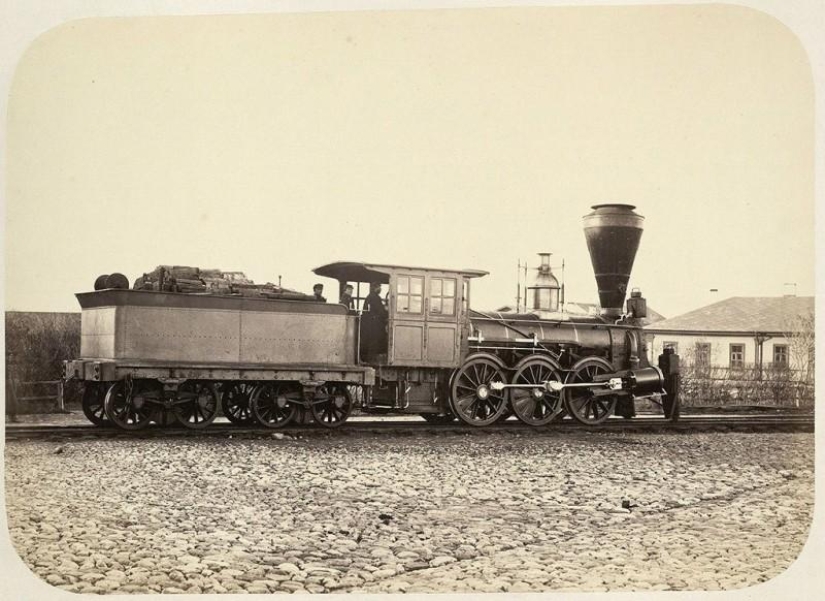
On August 28, 1851, the Nikolaevskaya Railway (now the Oktyabrskaya Railway) was built, which marked the beginning of the construction of a railway network of national importance. The Nikolaev road became the first double-track railway in the Russian Empire, 645 km long. Travel time is 21 hours 45 minutes. Later, other lines were attached to the Nikolaevskaya railway. The road passed through the territories of St. Petersburg, Moscow, Novgorod, Tver, Pskov, Vitebsk and Smolensk provinces. During the construction, more than 30 railway stations, about 200 bridges were built, 70 culverts, 20 overpasses, guard houses and crossings were laid, a telegraph was installed between the stations. Years later, we remember how it was and what it turned into.
Later, other lines were attached to the Nikolaevskaya railway. The road passed through the territories of St. Petersburg, Moscow, Novgorod, Tver, Pskov, Vitebsk and Smolensk provinces. During the construction, more than 30 railway stations, about 200 bridges were built, 70 culverts, 20 overpasses, guard houses and crossings were laid, a telegraph was installed between the stations. Years later, we remember how it was and what it turned into.
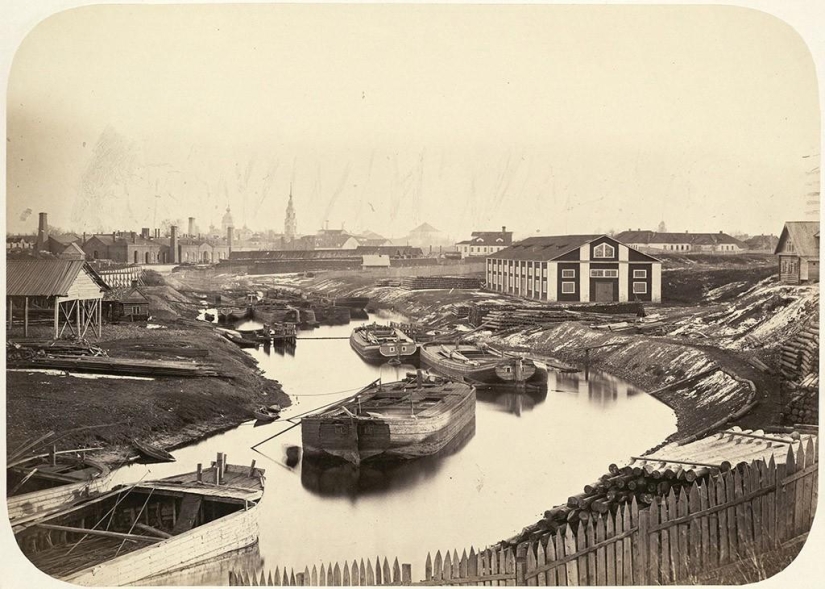 Year 1703. The city on the Neva - Petersburg was founded, which after 9 years becomes the capital of the Russian Empire. The population is growing, most food (and other) cargo was delivered by water on barges, which, of course, was very long and not always reliable.
Year 1703. The city on the Neva - Petersburg was founded, which after 9 years becomes the capital of the Russian Empire. The population is growing, most food (and other) cargo was delivered by water on barges, which, of course, was very long and not always reliable.
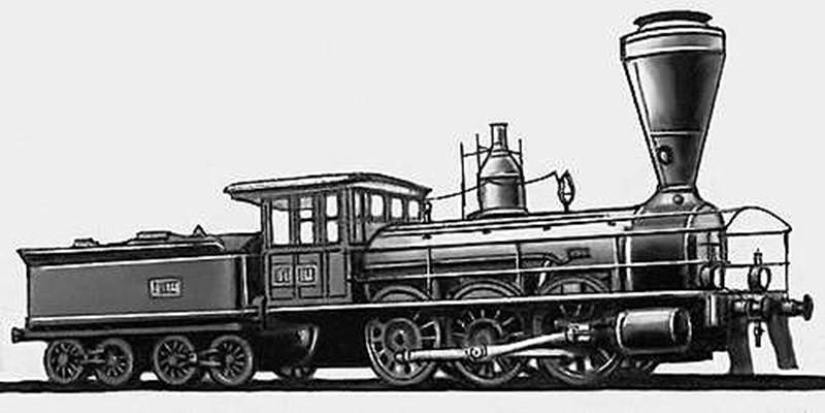 Year 1798. The Department of Water Communications is established (later to be disbanded into the management of water and land routes, the Corps and the Institute of the Corps of Railway Engineers), which contained a model and description of a "cast-iron road for transporting heavy loads."
Year 1798. The Department of Water Communications is established (later to be disbanded into the management of water and land routes, the Corps and the Institute of the Corps of Railway Engineers), which contained a model and description of a "cast-iron road for transporting heavy loads."
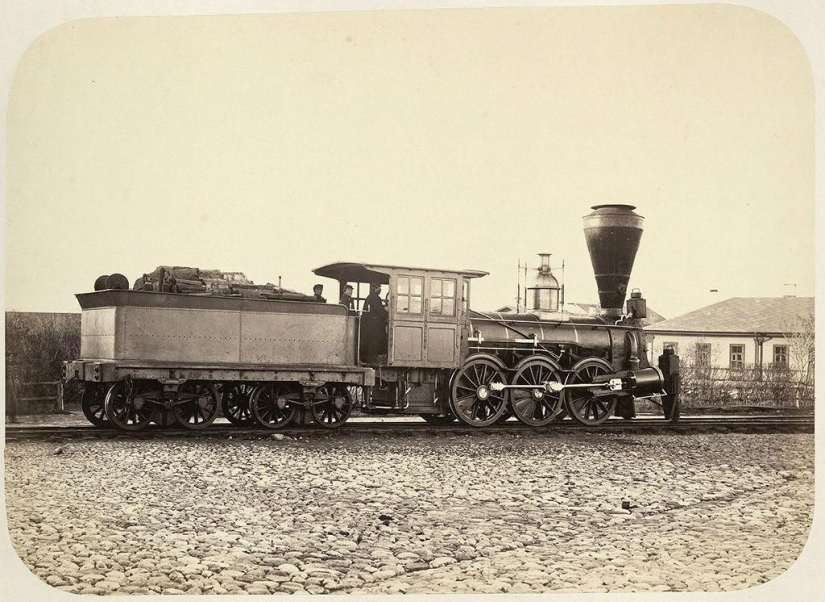 In general, in Russia, the operation of railways began at the end of the 18th century, but only on an industrial scale. And the emergence of public railways was due to the development of industry and trade. In addition, the railways of that time, in comparison with other types of means of communication, had the advantage of a significant increase in the speed of delivery of goods and passengers, a decrease in the cost of transport services, and greater comfort for passengers relative to other land transport. So that.
In general, in Russia, the operation of railways began at the end of the 18th century, but only on an industrial scale. And the emergence of public railways was due to the development of industry and trade. In addition, the railways of that time, in comparison with other types of means of communication, had the advantage of a significant increase in the speed of delivery of goods and passengers, a decrease in the cost of transport services, and greater comfort for passengers relative to other land transport. So that.
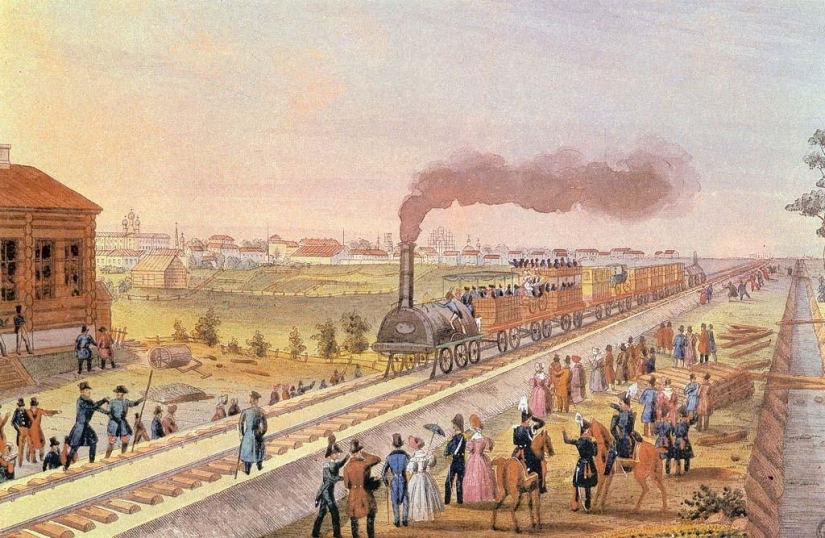 Year 1826. Discussions begin on proposals for the construction of railways in Russia in the winter. However, in 1835, the Austrian engineer and businessman Gerstner tried to convince Nicholas I of the need to build a railway link between St. Petersburg and Moscow. He does not receive a positive answer either, but the committee gives him permission to build a "trial" road between St. Petersburg and Tsarskoye Selo. And in 1837, the Tsarskoye Selo Railway appeared in Russia - the first public railway in the Empire.
Year 1826. Discussions begin on proposals for the construction of railways in Russia in the winter. However, in 1835, the Austrian engineer and businessman Gerstner tried to convince Nicholas I of the need to build a railway link between St. Petersburg and Moscow. He does not receive a positive answer either, but the committee gives him permission to build a "trial" road between St. Petersburg and Tsarskoye Selo. And in 1837, the Tsarskoye Selo Railway appeared in Russia - the first public railway in the Empire.
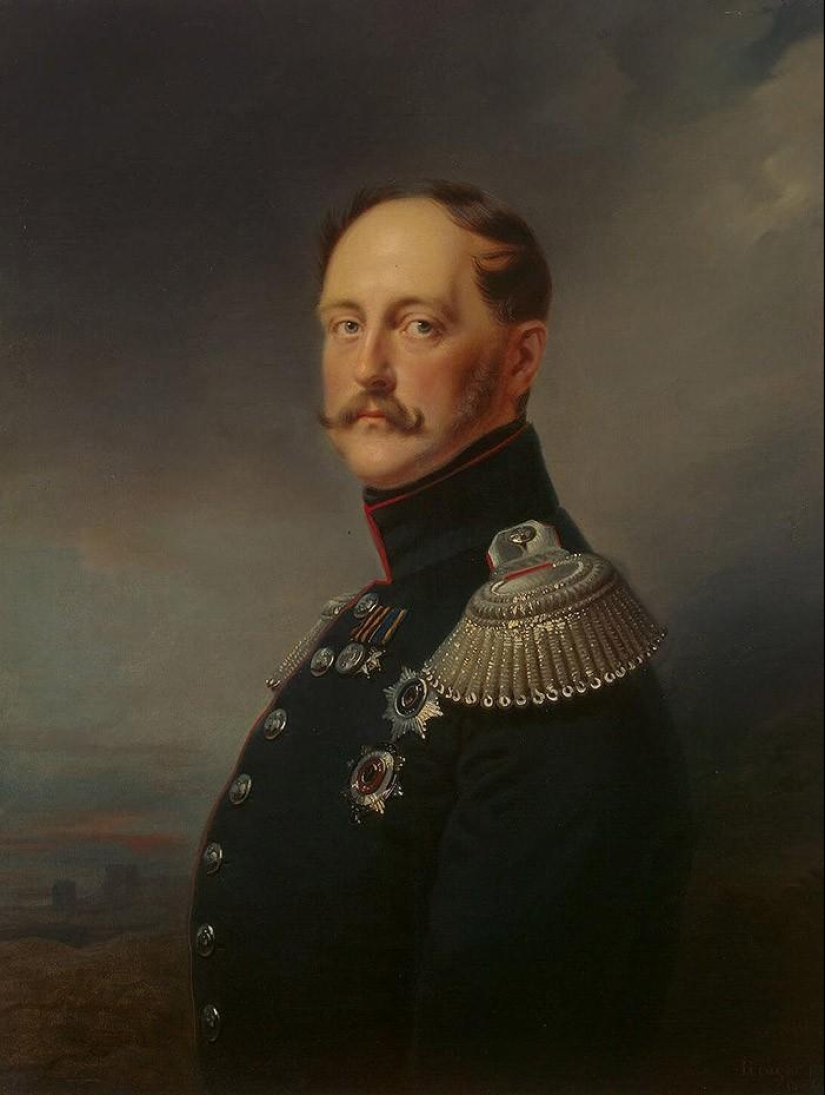 Year 1838. Finally, Nicholas I orders to draw up a plan for the project of the railway between St. Petersburg and Moscow. The road was designed as another type of communication, capable of partially unloading water and horse-drawn vehicles and ensuring faster delivery of goods and passengers. Several options were proposed, economically untenable, according to the majority, but in 1842 the emperor nevertheless signed a decree on the "construction of the Petersburg-Moscow railway."
Year 1838. Finally, Nicholas I orders to draw up a plan for the project of the railway between St. Petersburg and Moscow. The road was designed as another type of communication, capable of partially unloading water and horse-drawn vehicles and ensuring faster delivery of goods and passengers. Several options were proposed, economically untenable, according to the majority, but in 1842 the emperor nevertheless signed a decree on the "construction of the Petersburg-Moscow railway."
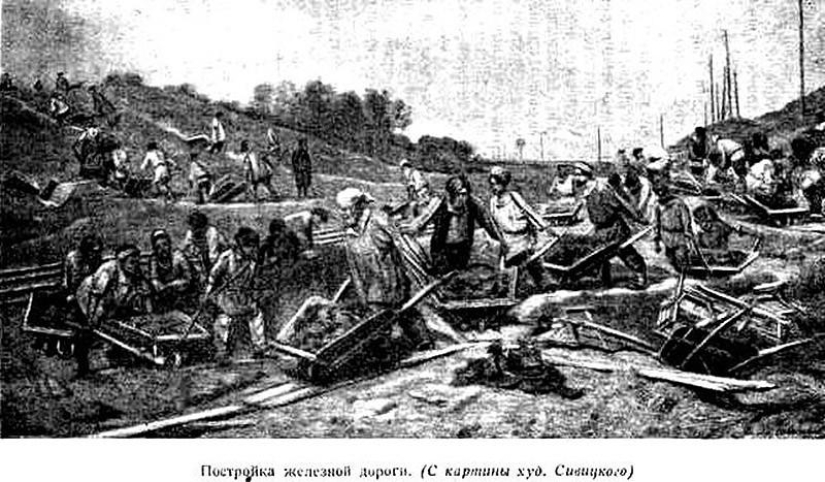 Under the committee, a Construction Commission was established. The line was divided into two construction sections delimited in the Bologoye area. An engineer from the USA was invited as the main construction consultant. And already at the end of April 1843, the route of the road was mapped, approved and accepted for leadership during construction. Simultaneously with the tracing of the line, hydrometric and engineering-geological surveys were carried out. (From a painting by the artist Sivitsky.)
Under the committee, a Construction Commission was established. The line was divided into two construction sections delimited in the Bologoye area. An engineer from the USA was invited as the main construction consultant. And already at the end of April 1843, the route of the road was mapped, approved and accepted for leadership during construction. Simultaneously with the tracing of the line, hydrometric and engineering-geological surveys were carried out. (From a painting by the artist Sivitsky.)
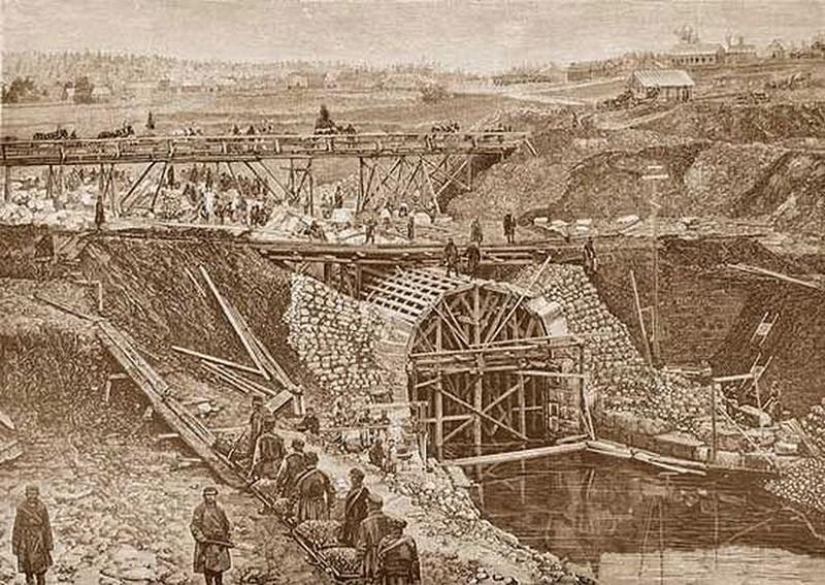 Year 1843. The line was built 1524 m wide, 645 km long. Large bridges, railway stations and large stations were separated into independent construction sites. All sections were headed by railway engineers. The largest number of workers were diggers, who were annually up to 40,000 people at the construction site.
Year 1843. The line was built 1524 m wide, 645 km long. Large bridges, railway stations and large stations were separated into independent construction sites. All sections were headed by railway engineers. The largest number of workers were diggers, who were annually up to 40,000 people at the construction site.
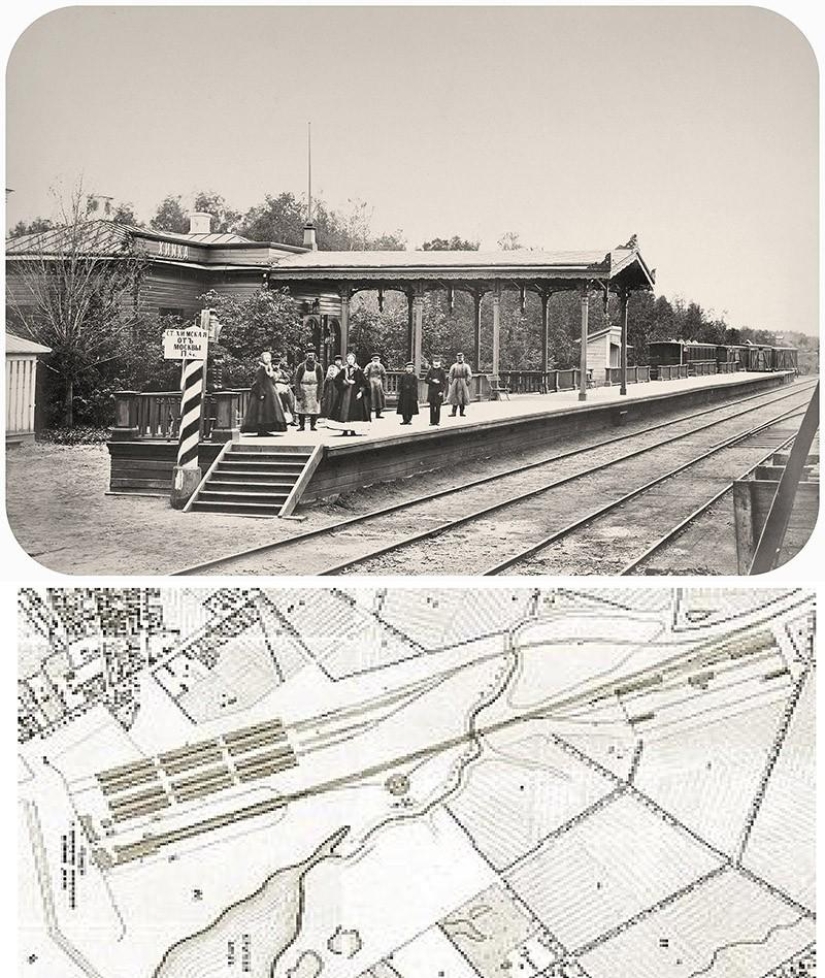 Year 1851. The opening of the movement. In two days, two battalions of the Life Guards of the Preobrazhensky and Semyonovsky regiments, two squadrons of the Life Guards of the Cavalier Guard and Horse regiments and a division of guards artillery were transported on 9 trains along the newest railway. And on August 18, the royal train, consisting of 9 wagons, left for Moscow. The journey, including stops, took 19 hours. On the day of the official opening, the train had 17 passengers in first class, 63 in second and 112 in third class. The train arrived in Moscow at 9 am the next day, having been on the road for 21 hours and 45 minutes.
Year 1851. The opening of the movement. In two days, two battalions of the Life Guards of the Preobrazhensky and Semyonovsky regiments, two squadrons of the Life Guards of the Cavalier Guard and Horse regiments and a division of guards artillery were transported on 9 trains along the newest railway. And on August 18, the royal train, consisting of 9 wagons, left for Moscow. The journey, including stops, took 19 hours. On the day of the official opening, the train had 17 passengers in first class, 63 in second and 112 in third class. The train arrived in Moscow at 9 am the next day, having been on the road for 21 hours and 45 minutes.
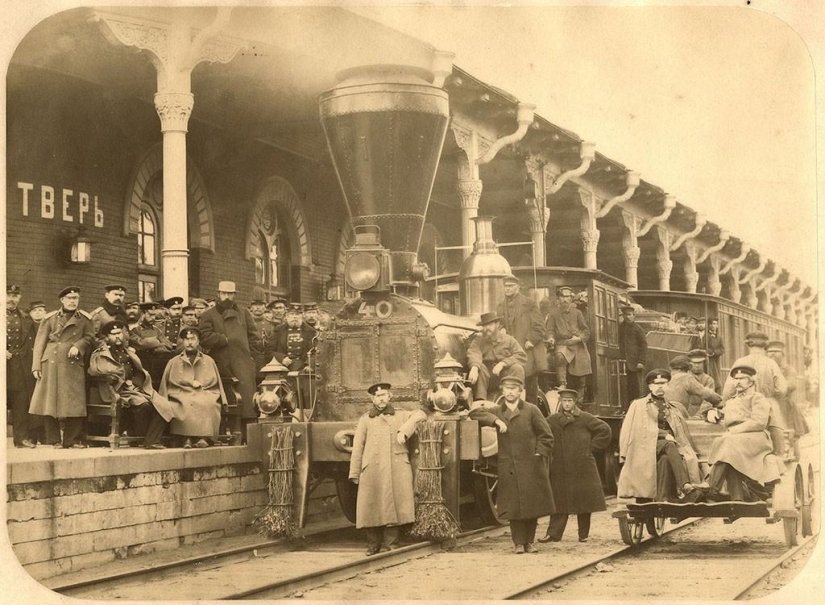 At first, the fare for passengers from St. Petersburg to Moscow was: in the first class 19 rubles, in the second - 13 and in the third - 7 rubles. For a smaller fee, people were transported in freight trains, and in the summer - on open platforms.
At first, the fare for passengers from St. Petersburg to Moscow was: in the first class 19 rubles, in the second - 13 and in the third - 7 rubles. For a smaller fee, people were transported in freight trains, and in the summer - on open platforms.
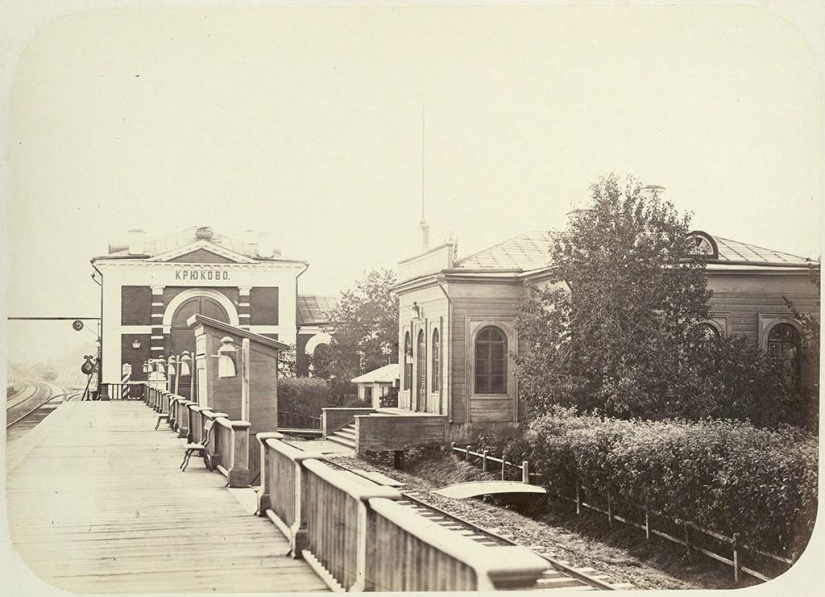 Transportation of goods from one capital to another, depending on the type, cost from 9 rubles 16 kopecks to 24.42 rubles. per ton (from 15 to 40 kopecks per pood).
Transportation of goods from one capital to another, depending on the type, cost from 9 rubles 16 kopecks to 24.42 rubles. per ton (from 15 to 40 kopecks per pood).
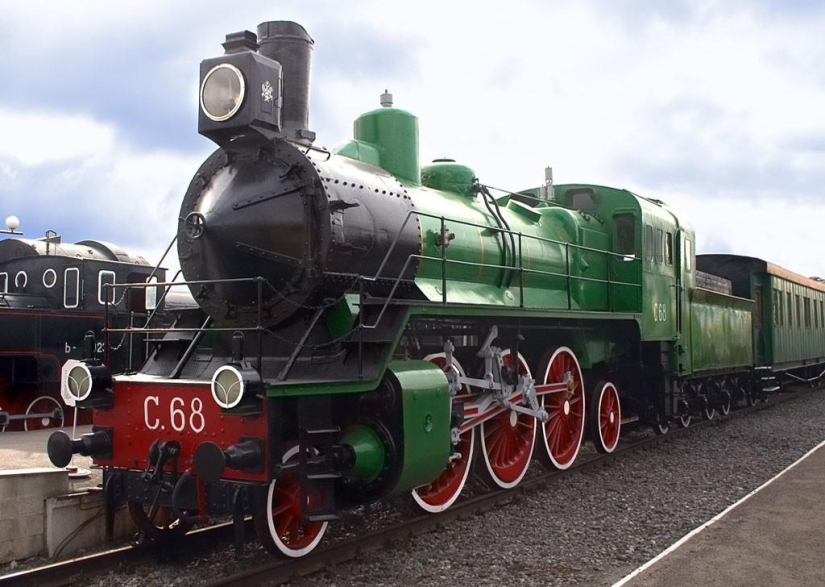 The average speed was 29.6 kilometers per hour. Gradually, the speed of trains increased, and the travel time decreased. Already in 1913, a train of nine passenger cars led by a steam locomotive of the Sormovskiy Zavod covered the distance from St. Petersburg to Moscow in the same time as modern trains running on the route.
The average speed was 29.6 kilometers per hour. Gradually, the speed of trains increased, and the travel time decreased. Already in 1913, a train of nine passenger cars led by a steam locomotive of the Sormovskiy Zavod covered the distance from St. Petersburg to Moscow in the same time as modern trains running on the route.
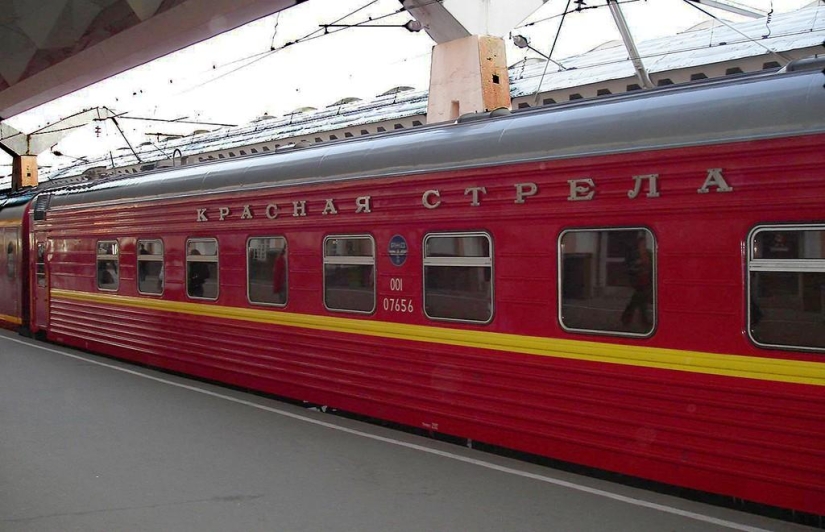 Year 1932. Passenger steam locomotives of the IS series of the Kolomna Plant appeared on the railway and the Red Arrow express was launched, reaching a speed of up to 120 kilometers per hour on hauls.
Year 1932. Passenger steam locomotives of the IS series of the Kolomna Plant appeared on the railway and the Red Arrow express was launched, reaching a speed of up to 120 kilometers per hour on hauls.
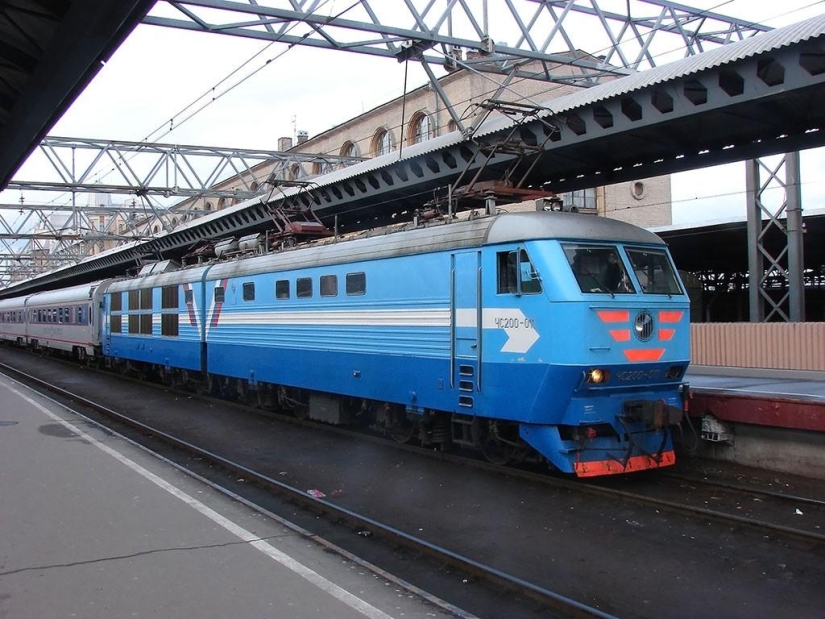 Year 1965. Between the then Leningrad and Moscow, the day high-speed train "Aurora" began to run, capable of accelerating to 160 km / h.
Year 1965. Between the then Leningrad and Moscow, the day high-speed train "Aurora" began to run, capable of accelerating to 160 km / h.
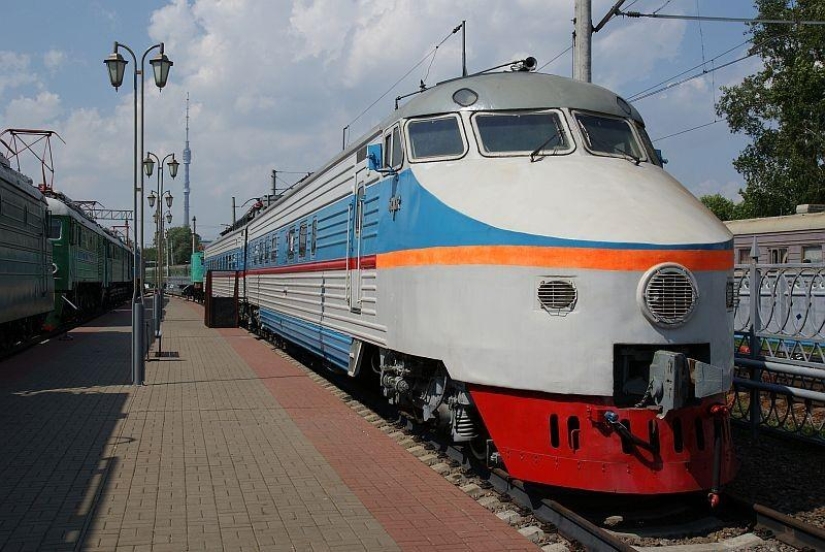 Year 1984. The electric train ER-200 of the Riga Carriage Works was introduced into the schedule, but it runs only once a week. This train is capable of reaching speeds of up to 200 kilometers per hour, and spends about five hours on the road.
Year 1984. The electric train ER-200 of the Riga Carriage Works was introduced into the schedule, but it runs only once a week. This train is capable of reaching speeds of up to 200 kilometers per hour, and spends about five hours on the road.
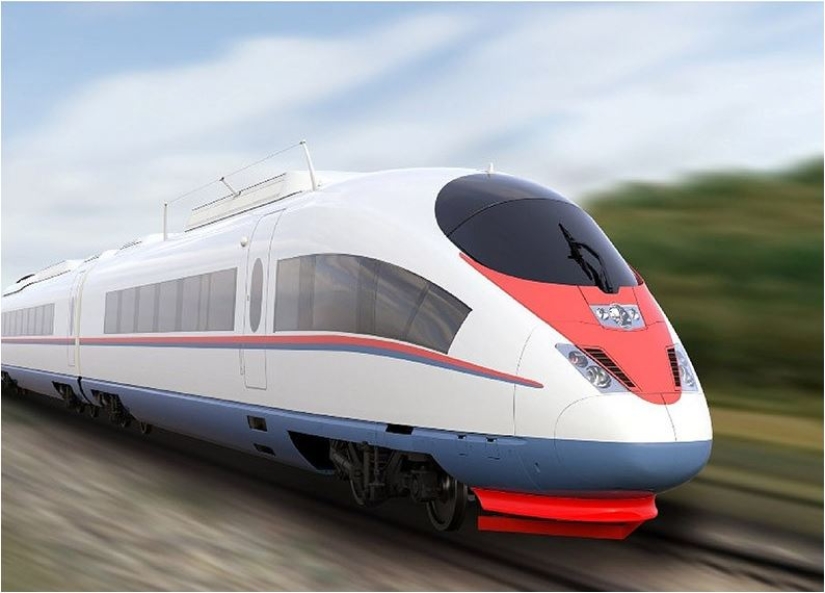 1996-2000 years. The reconstruction of the St. Petersburg-Moscow highway has been carried out, and a new railway has actually been built using modern technologies. Thanks to the reconstruction, trains can reach speeds of 200-250 kilometers per hour. And since December 2009, the Sapsan high-speed train has appeared on the route loved by many, covering a distance of 650 km in just 3 hours and 45 minutes.
1996-2000 years. The reconstruction of the St. Petersburg-Moscow highway has been carried out, and a new railway has actually been built using modern technologies. Thanks to the reconstruction, trains can reach speeds of 200-250 kilometers per hour. And since December 2009, the Sapsan high-speed train has appeared on the route loved by many, covering a distance of 650 km in just 3 hours and 45 minutes.
Recent articles

It's high time to admit that this whole hipster idea has gone too far. The concept has become so popular that even restaurants have ...

There is a perception that people only use 10% of their brain potential. But the heroes of our review, apparently, found a way to ...

New Year's is a time to surprise and delight loved ones not only with gifts but also with a unique presentation of the holiday ...